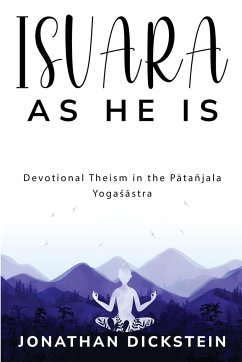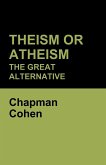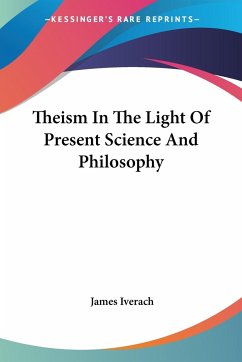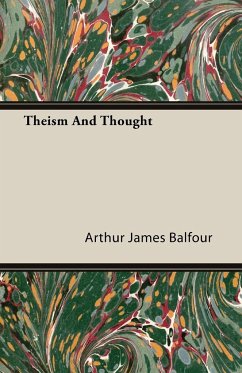This is not a theological treatise. I do not deliberate the question of divinity nor the persuasiveness of varying conceptions of God. Rather this thesis probes the history and function of a word-¿¿vara-that carries serious theological implications in Indian Philosophy.1 The persistent tendency to distort or shroud the meaning of this word is the precise target of my critique. Although the subject matter may seem narrow in scope, revolving around a single word, several overarching issues concerning textual interpretation and the popular reception of religious texts are directly implicated. Patañjali's Yogas¿tra (YS) forms the textual basis for what is commonly called "Classical Yoga Philosophy". This first millennia text repeatedly employs the word "¿¿vara" to refer to some divine entity, the nature of which has stirred heated debate in both traditional and modern commentaries. In contrast to the wealth of modern interpretations that minimize both the nature and function of this ¿¿vara in Classical Yoga, I argue that the "God" of the YS sustains the same grandeur as found in staunchly theistic texts such as the Bhagavad G¿t¿. In short, "God" means "Supreme God" for Patañjali, regardless of the damage it inflicts on the scholarly wish for a robust and rational 'philosophy' of Classical Yoga. This conclusion derives not from a personal affection for theism and/or devotionalism, but rather a comprehensive archaeology of the term with a focus on textual depiction and historical context.








![Mind in Matter [microform]: a Short Argument on Theism Mind in Matter [microform]: a Short Argument on Theism](https://bilder.buecher.de/produkte/65/65581/65581292m.jpg)